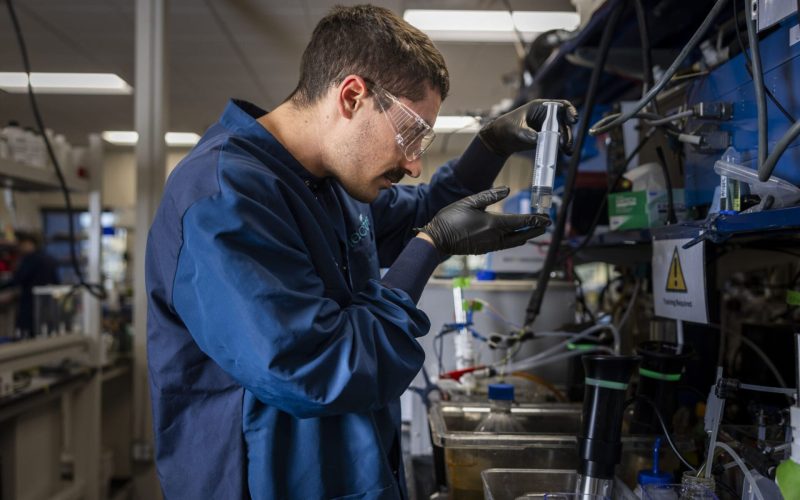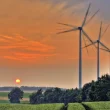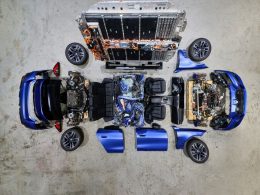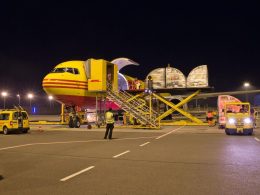Colorado-based startup Electra has secured $129 million in new funding to further develop its low-emissions technology for iron production, which operates at temperatures below boiling water and could eliminate carbon dioxide emissions from the steelmaking process.
The funding forms part of a larger round totalling $186 million, including equity converted from previous investments. Electra has now raised $214 million in total from backers including Breakthrough Energy Ventures (led by Bill Gates), Temasek Holdings, and Capricorn Investment Group.
Founded in stealth in 2022, Electra is currently constructing a demonstration plant in Colorado, set to begin producing 500 tonnes of iron in early 2026. The iron will be tested by steelmakers such as Nucor Corp., which is also an investor. If powered by renewable energy, the process would enable the production of steel with zero direct emissions.
Electra’s CEO, Sandeep Nijhawan, said the company is in discussions with potential customers and aims to convert early test deliveries into offtake agreements to support financing for a commercial-scale plant. Although initially aiming to commission a 50,000-tonne plant by 2027, the company now anticipates this milestone will be reached in 2029, with a one-million-tonne facility expected by the early 2030s.
The startup has yet to secure US government funding, which may offer some insulation from policy uncertainty amid threats by former President Donald Trump to reverse climate-related incentives. However, trade tariffs and supply chain restrictions may increase costs, especially for clean power and equipment imports. Nijhawan said Electra is open to locating its commercial facility outside the US, noting that countries like Australia currently offer more favourable conditions for green industrial projects.
Steel production accounts for approximately 7% of global CO₂ emissions, with most of those tied to the conversion of iron ore. Traditional methods rely on coal-fired blast furnaces, whereas Electra’s process uses electricity to separate oxygen from iron ore without generating carbon dioxide—if renewable energy is used.
Electra’s process operates at much lower temperatures than some rivals, including Boston Metal, which uses temperatures of over 1,400°C. Another competitor, Sweden-based Stegra (formerly H2 Green Steel), is pursuing hydrogen-based methods and has raised over €6.5 billion to fund its commercial facility.
All green steel startups face a common hurdle: access to low-cost, low-carbon electricity. In both Europe and North America, demand for renewable power is rising rapidly, with industrial producers competing against energy-intensive data centres. For Electra, the viability of its technology at scale and its ability to deliver iron at acceptable price points remain key factors for its success.
Nijhawan acknowledged the challenge of continued fundraising. “We are always raising money,” he said.


















